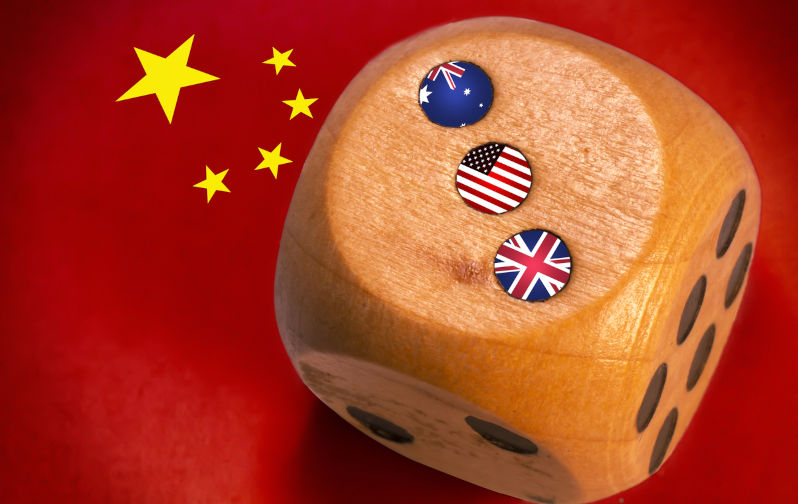AUKUS: defending the indefensible
September 18, 2024
The proponents of AUKUS appear to be rattled. Their defence of the worst deal of the century is threadbare.
It is now three years since the announcement of AUKUS. As time progresses the criticisms are becoming ever more strident as the various risks that it entails crystalise. It has been excoriated by many, including former Prime Ministers, Ministers and multiple authors here at Pearls and Irritations.
In recent weeks, some of the proponents of AUKUS have attempted to mount a defence of the deal. This includes Euan Graham and Bec Shrimpton from the Australian Strategic Policy Institute and ANUs Professor John Blaxland writing at The Conversation with an article titled: Australia can’t afford an AUKUS about-face: 5 things the critics are getting wrong.
These defences, as Professor Michael McKinley describes it, are threadbare. A short critique of Professor Blaxland’s article highlights just how threadbare they are.
Firstly, in defending AUKUS, nowhere is it explained what the United States’ objectives towards China are. For they are clearly not benevolent. The recent approval of the US$1.6 billion (yes, billion, with a b) “Countering the PRC Malign Influence Fund” for anti-China propaganda being a case in point (as an aside it is quite likely that some of this funding will end up in Australia funding the work of organisations such as ASPI).
The ailing empire seems far from ready to give up on its messianic ambitions to regain its position as the global hegemon. These ambitions require the defeat of China (and Russia) which by their very existence are a threat. A threat not to the United States itself, but rather its imperial structure.
When this it understood, it becomes increasingly apparent that the four flashpoints that Professor Blaxland refer to (Taiwan, South China Sea, East China Sea and Korea) are some, but not all, of the vectors which the United States may use to either provoke or trigger a war with China.
Second, he does not even mention the increased basing and access rights that AUKUS is providing to the US military. As the late Bruce Haigh described it:
“AUKUS is the Trojan Horse that the US is deploying to turn the north of Australia into a US sphere of military influence to initially intimidate China and then as ‘base’ from which to attack China.”
If and when the United States decides upon war with China these bases will play an integral role in that war. In doing so, Australia is involved regardless of our national interests and any supine protests made by the Government of the day.
We don’t have to look far to see how the United States will willingly sacrifice its so-called friends and allies in the ruthless pursuit of its own interests. It is pure conceit to think Australia will be different.
Third, despite the growing and well founded technical, capability and political risks, there is no mention by Professor Blaxland that Australia could end up with exactly zero submarines from AUKUS. Worse, there is nothing that Australia can do about this. Including getting a refund of the billions splashed (invested is not an appropriate term) on the US and UK military industrial complex.
Towards the end Blaxland makes a bizarre statement:
“In weighing up Australia’s interests, we must look beyond the critiques.”
Critiques are a form of negative feedback that in normal circumstances prevent bad decisions being made. When an arrangement is as deeply flawed as AUKUS, perhaps those critiques should be taken seriously given that they emanate from major concerns over the impact of AUKUS on Australia’s interests. Carrying on with a bad deal regardless of the consequences is approaching Charge of the Light Brigade levels of blockheadedness.
Finally, none of what Professor Blaxland offers assists Australia (or more particularly Australia’s security and defence establishment) from coming to terms with the fact that China exists, and it will be the most powerful country in the region, if not the world, for a long time to come.
‘Deterrence’ will fail Australia, particularly given our current subservience and abrogation of sovereignty to the United States. Perhaps it is time for a different approach?
Cameron Leckie on X, September 15, 2024

